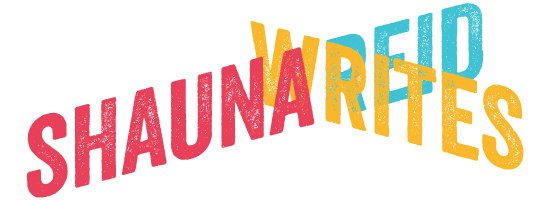Emotional eating, binge eating and friends - some definitions
Howdy comrades! Since I’ve been writing about my binge eating recovery shenanigans, I thought it might be helpful to define things a little, as the various terms can be vague and/or confusing.
Here's a definition of Binge Eating Disorder from National Eating Disorders Association (US):
"Binge eating disorder (BED) is a severe, life-threatening, and treatable eating disorder characterized by recurrent episodes of eating large quantities of food (often very quickly and to the point of discomfort); a feeling of a loss of control during the binge; experiencing shame, distress or guilt afterwards; and not regularly using unhealthy compensatory measures (e.g., purging) to counter the binge eating."
There is also a good definition and helpful information on the NHS website in their lovely British non-nonsense style.
While I have frequently met the clinical criteria for BED over the years, I’ve found a more helpful way of looking at eating behaviours is along the lines of Green Mountain's approach:
"Binge and emotional eating aren’t necessarily two separate and distinct processes, but rather the same process on a continuum."
Imagine a continuum like this:
emotional eating → emotional overeating → some binge eating → Binge Eating Disorder
One can move up the continuum very easily, but is also possible to move down.
At the start of the continuum you have your bog standard emotional eating, a healthy thing which most people do. For example, bitching about your bloody awful day to a friend over a pizza and glass of wine. Or something like, joyfully scoffing a plateful of your Mum's pavlova at Christmas after looking forward to it all year long.
Emotional overeating comes along if the food is the only coping tool you're choosing in that moment. Like numbing out with the whole tub of Haagen-Daaz.
The next station stop along the line is binge eating, when large quantities are eaten, often quickly and accompanied by feeling out of control and unable to stop.
Then it moves up to criteria of diagnosable Binge Eating Disorder, which is all about the frequency of the binges and the impact they are having on one's life.
In 2013 BED was recognised as an eating disorder diagnosis in the Diagnostic and Statistical Manual of Mental Disorders, which is the American Psychiatric Association's handbook used by health care professionals as the authoritative guide to the diagnosis of mental disorders.
I've found the idea of a continuum hugely useful. Firstly because I see how quickly one can move up it when food is the only coping mechanism happening. But it's also helping because I appreciate that moving down the continuum is a sign of progress. It stops that all or nothing, perfectionist thinking.
I don’t find it help to focus on labels, as I see binge eating as a behaviour I sometimes engage in, it’s not an identity. But I find it helpful to check in with this continuum and ask - Where am I right now? What's going on for me to be in this position? Do I need to make some adjustments so I can move back down?
Thanks gazillions to everyone who has got in touch during or since Green Mountain*. It's so bloody good to realise we're not alone!
It goes without saying I'm not a health professional, and the above is from my own reading and doesn't constitute advice. Thanks to my friend Sara for link assistance.*
Update, January 2019 - Sadly, Green Mountain has now closed.
